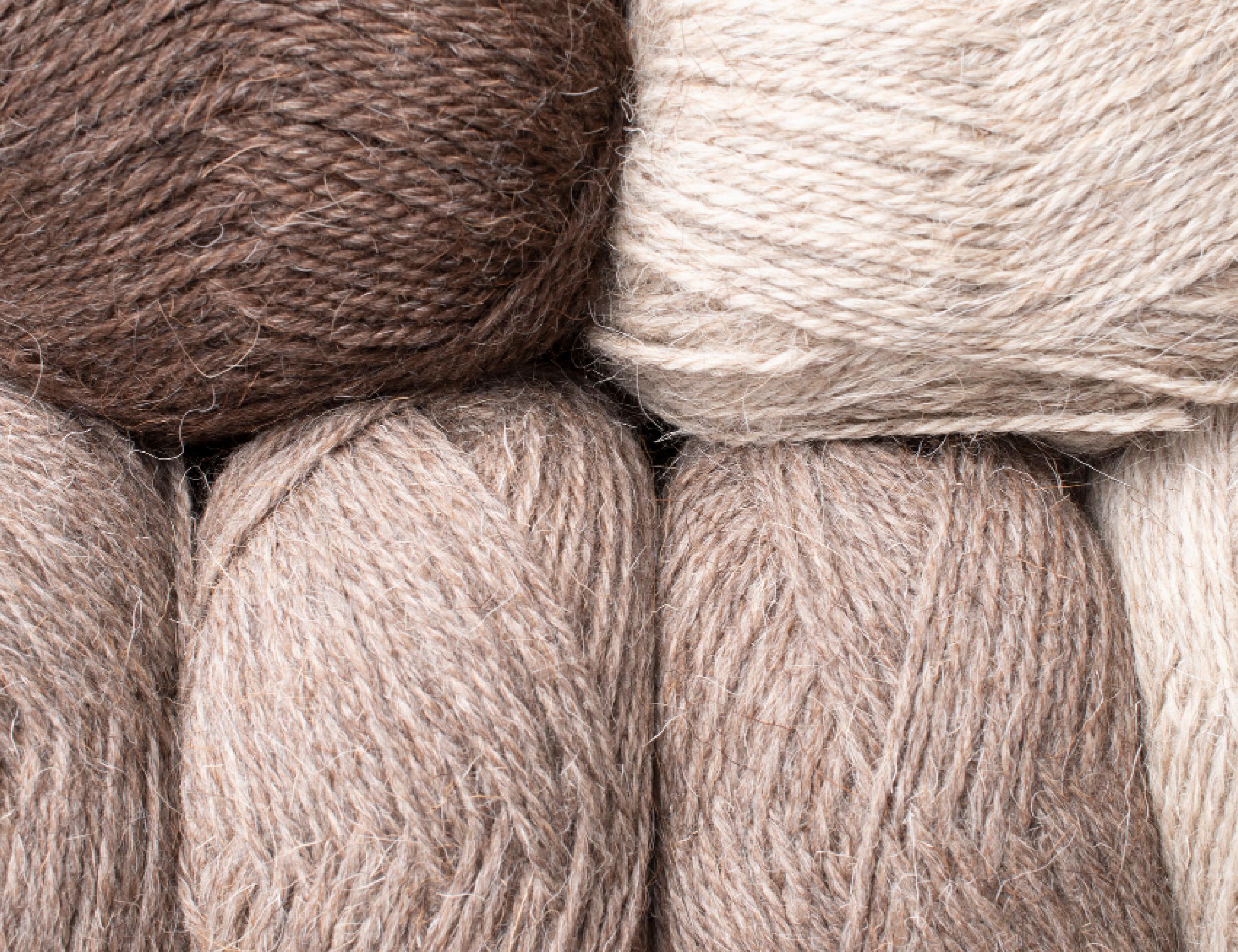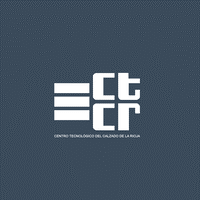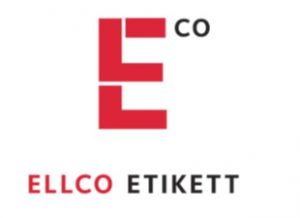Case Study
Mongolian nomads implement code of practice and supply raw wool to high fashion brands
Summary
Mongolian herders have implemented the MNS 6891:2020 “Requirements for Responsible Nomads Code of Practices for Sustainable nomadic livestock production” standard. This has enabled them to meet the high-quality requirements of the international market and supply raw cashmere to top fashion brands such as Hermes and Louis Vuitton. Mongolian commercial banks are also developing green financing products based on this standard, providing low-interest loans to herders, cooperatives, and national processing plants. The standard includes five main components: pasture management, animal care and management, animal health, animal breeding, and raw cashmere preparation, encompassing over 120 specific requirements.
Currently, about 1,500 herders from 16 cooperatives in 15 soums (administrative districts) are using their experience to prepare animal raw materials and products in an environmentally friendly and sustainable manner in accordance with the MNS 6891:2020 standard. This allows them to sell their wool and cashmere to premium brands at prices 30 percent higher than the market price.
Background
In Mongolia, herders are now aligning their practices with the MNS 6891:2020 Responsible Nomads Code of Practices for Sustainable nomadic livestock production standard, which governs livestock management for sustainable production. This standard has become an essential tool for ensuring high-quality wool and cashmere production that meets the demands of international fashion brands. By meeting the required criteria, Mongolian herders can now sell their wool and cashmere to leading brands increasing their income and contributing to the sustainable development of Mongolia’s nomadic pastoralism.
Strategy
The standard and its traceability system aim to ensure responsible nomadic herding at the primary herder household level. It provides buyers with tools to recognize best practices in nomadic herding, including maintaining healthy rangelands, improving pasture management, and enhancing animal care. The system also ensures a transparent chain of custody, giving customers a guarantee that the raw materials they purchase come from responsible herder households.
- Pasture Management Requirements: Responsible pasture management supports animal health and environmental protection, ensuring that the land remains fertile and sustainable.
- Animal Care and Livestock Management Requirements: Herdsmen adhere to best practices in caring for their animals and managing their livestock, ensuring optimal production.
- Animal Health Requirements: Maintaining the health of the animals through preventive care and managing diseases is a key focus.
- Breeding Requirements: The herders follow effective breeding practices to ensure high-quality livestock and wool production.
- Raw Wool Preparation Requirements: The wool is carefully processed and prepared to meet international and national standards.
Results and impact
By following the MNS 6891:2020 standard, Mongolian herders have increased the price of raw cashmere by more than 30 percent and have a positive effect on the livelihood of herders. Also, there are positive changes such as protecting pastures, ensuring animal welfare, keeping animals healthy, and improving the quality of raw material preparation. Their wool is now being sold to prestigious global fashion brands, including Hermes and Louis Vuitton. This strategy has not only improved the herders’ income but also elevated Mongolia’s reputation in the international market. The implementation of this standard has contributed to the sustainable development of Mongolian nomadic livestock farming and improved the quality of products being exported globally.
Contact
Name: Nyam-Erdene Ser-Od
Organisation: MNAS










